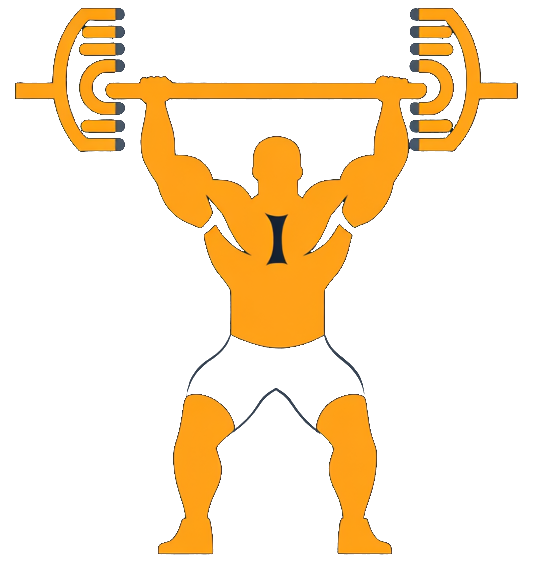Nutrition and CrossFit: Optimizing Performance and Recovery
1. Basic Principles of Nutrition in CrossFit
🔹 Why Nutrition is Key for CrossFit
- Provides long-lasting energy.
- Improves muscle recovery.
- Reduces inflammation and risk of injuries.
🔹 Nutritional Needs of CrossFit Athletes
- Macronutrients: Protein for muscle repair, carbohydrates for energy, and fats for hormonal balance.
- Micronutrients: Essential vitamins and minerals (iron, magnesium, zinc) for recovery and performance.
- Hydration: Crucial for preventing cramps and fatigue.
2. Macronutrient Breakdown Based on Goals
🔹 Protein: Essential for Recovery and Muscle Growth
- Recommended intake: 1.6 to 2.2 g/kg of body weight.
- Best sources: Lean meats, fish, eggs, legumes, whey protein.
- Timing: Post-workout intake is crucial for muscle synthesis.
🔹 Carbohydrates: The Primary Fuel for Workouts
- Recommended intake: 3 to 6 g/kg, depending on workout intensity.
- Types of carbs:
- Complex carbs (oats, quinoa, sweet potatoes) for sustained energy.
- Fast-absorbing carbs (bananas, honey, white rice) for recovery.
3. Nutritional Strategies Around Training
🔹 Pre-Workout Nutrition
- 1-2 hours before: Balanced meal with protein and complex carbs.
- Example: Chicken + brown rice + vegetables.
🔹 Post-Workout Nutrition
- Metabolic window: 30-60 min post-workout.
- Example: Whey shake + oatmeal + berries.
4. Beneficial Supplements for CrossFit
- Protein powder: Convenient way to meet protein needs.
- Creatine: Improves strength, power, and recovery.
- BCAA/EAA: Useful during calorie deficits or fasted training.
5. Sample Meal Plans for Different CrossFit Levels
🔹 Beginner (3-4 Sessions/Week)
| Meal | Example |
|---|---|
| Breakfast | Omelet + whole grain bread + avocado |
| Lunch | Chicken + quinoa + green vegetables |
| Dinner | Fish + sweet potatoes + grilled veggies |
| Snacks | Greek yogurt + almonds / Whey shake + banana |
6. Popular Diet Trends in CrossFit
🔹 The Paleo Diet
- Inspired by: Ancestral eating habits (meat, vegetables, nuts).
- Pros: Focus on whole foods, limits refined sugars.
- Cons: Can be challenging for athletes needing high carb intake.
🔹 Keto and Low-Carb Diets
- Can benefit metabolic endurance.
- Not ideal for explosive power and high-intensity workouts.
🔹 Flexible Dieting (IIFYM)
- Customizes macros based on personal goals.
- Promotes adherence without excessive restriction.
